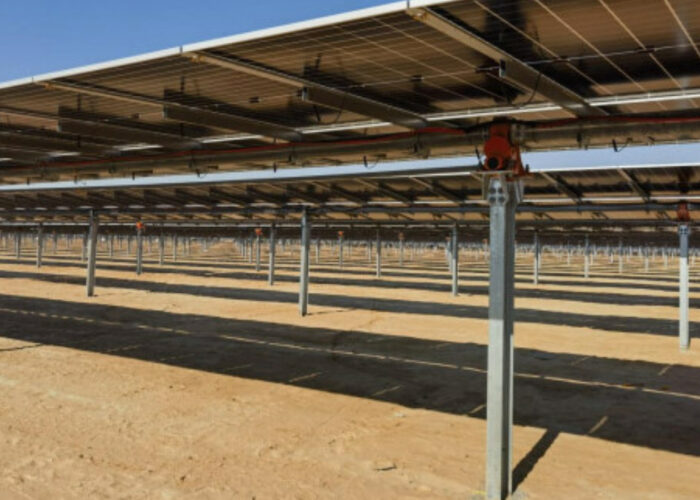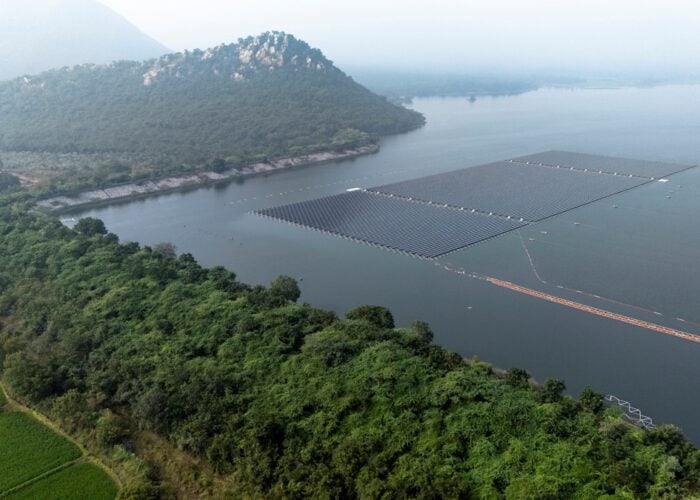Mexican President Felipe Calderón was among government and company officials on hand Feb. 5 to inaugurate Kyocera Solar’s second PV module manufacturing plant in Tijuana, Mexico. The two-story production facility, which connects to the pre-existing Kyocera panel fab, will have a maximum annual output of 750,000 crystalline-silicon modules, equivalent to a nameplate capacity of 150 MW.
President Calderón also announced his intention to implement a large-scale program of renewable energy in Mexico, which will include Mexican-made solar modules such as those produced at Kyocera.
“Kyocera gives us a clear case of how we can transform critical moments into new opportunities using long-term vision,” he said through an interpreter. “I know that Kyocera will sell these panels quickly as warm bread, even before the U.S. economy recovers, especially with a society that is clearly looking to renewable energy, such as California.”
Try Premium for just $1
- Full premium access for the first month at only $1
- Converts to an annual rate after 30 days unless cancelled
- Cancel anytime during the trial period
Premium Benefits
- Expert industry analysis and interviews
- Digital access to PV Tech Power journal
- Exclusive event discounts
Or get the full Premium subscription right away
Or continue reading this article for free
Steve Hill, president of Kyocera Solar, compared the current economic recession with the downturn of 1973, which had been caused by the world’s first energy crisis and global dependence on fossil fuels. That recession ended with at least one favorable development.
“It was in 1973 that Kyocera’s founder, Dr. Kazuo Inamori, began researching solar energy,” he said. “Today, solar energy products represent Kyocera’s fastest-growing business worldwide.”
The new facility is part of the company’s multiyear plan to expand its global manufacturing capacity for solar modules, which are made in Mexico, the Czech Republic, Japan, and China, where construction on the new plant in Tianjin City is scheduled to begin in April, with the facility coming online in 2010. By the end of March 2012, the company’s four regional sites will have 650 MW in combined annual capacity.
Kyocera has said it expects to invest an estimated 30 billion yen (about $300 million) in plant and equipment during the course of the expansion plan, both at these module manufacturing sites and at its solar-cell production center in Yohkaichi, Japan.






